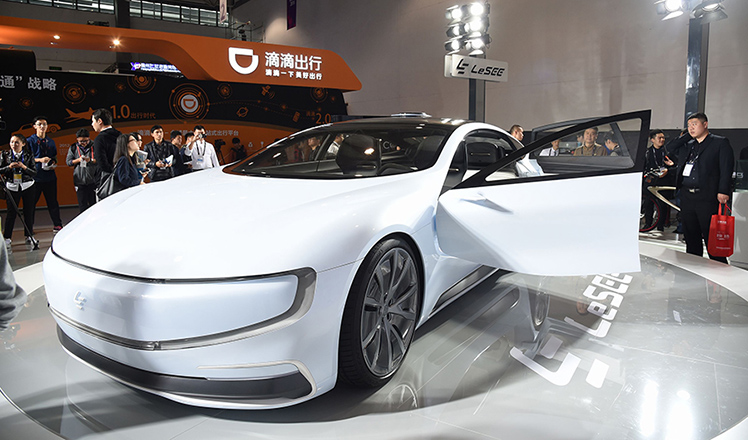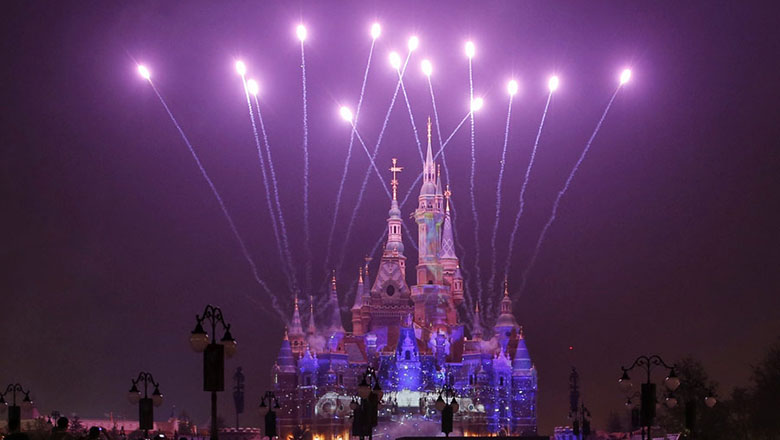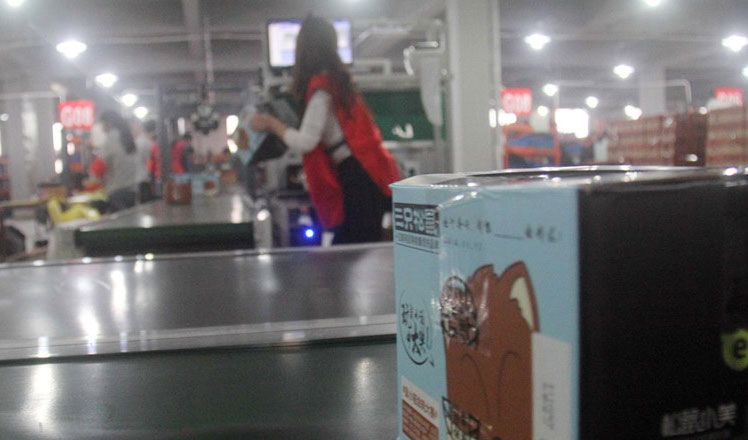Business summit held for AAPIs
Updated: 2016-05-27 11:58
By Hua shengdun in washington(China Daily)
|
|||||||||
Asian Americans and Pacific Islanders have seemingly found their niche in American society through careers in business and innovation, but limited leadership roles in those same areas in government may mute the voice of the ethnic group, an official said.
"Asian Americans and Pacific Islander (AAPI) citizens own about 2 million businesses in the US," said Willie May, director of the National Institute of Standards and Technology (NIST). "About 275,000 of those are in science and technology, which is nearly 14 percent of businesses that AAPIs own in the US. So certainly AAPIs are intimately involved in the country's science and technology enterprise."
May and other government officials spoke at the first annual National AAPI Business Summit held at the US Department of Commerce in Washington on Wednesday.
The trend towards science and technology can be observed even at the collegiate level. AAPIs account for 10 percent of the total number of degrees awarded in the US in the areas of science, technology, engineering and mathematics (STEM), while AAPIs still only account for 8 percent of the total US population.
Over-representation of AAPIs in these fields is a welcome sign given the trends in US employment. "We have 5.5 million jobs open in this country right now, one tenth of them are in tech and IT," said Chris Lu, deputy secretary of the US Department of Labor.
"In terms of the composition of NIST staff, we are punching above our weight," said May. "We have more Asian Americans on our staff than most other organizations, however, we don't have Asian Americans in leadership positions to the extent that we should."
Michelle Lee, director of the US Patent and Trademark Office, is one of just a handful of AAPIs in a leadership positions at the federal level. She is the first Asian person and woman to hold the job.
"I was definitely in the minority in more ways than one," Lee told the largely Asian-American audience.
"The higher you move up, the rarer and scarcer you become; nobody looks like you. America's future is very bright, but we have to include everybody in it."
Allan Fong in Washington contributed to this story.
- 2,000 refugees relocated on first day of major police operation
- No sign of EgyptAir plane technical problems before takeoff
- Chinese students at U. of Iowa accused of online cheating
- US Justice Dept. seeks death penalty for South Carolina shooter
- Global health entering new era: WHO chief
- Brazil's planning minister steps aside after recordings revelation

 Beijing style: People embrace the summer heat
Beijing style: People embrace the summer heat
 Ten photos from around China: May 21-27
Ten photos from around China: May 21-27
 VR, robots, mini drones: Highlights of big data expo in Guiyang
VR, robots, mini drones: Highlights of big data expo in Guiyang
 Fireworks light up Shanghai Disneyland
Fireworks light up Shanghai Disneyland
 Top 10 saving countries in the world
Top 10 saving countries in the world
 Men vs. Machine: different robots in daily life
Men vs. Machine: different robots in daily life
 Following Alibaba, its online merchants now eye listings
Following Alibaba, its online merchants now eye listings
 Traditional dresses for Yugur women in Northwest China
Traditional dresses for Yugur women in Northwest China
Most Viewed
Editor's Picks

|

|

|

|

|

|
Today's Top News
Liang avoids jail in shooting death
China's finance minister addresses ratings downgrade
Duke alumni visit Chinese Embassy
Marriott unlikely to top Anbang offer for Starwood: Observers
Chinese biopharma debuts on Nasdaq
What ends Jeb Bush's White House hopes
Investigation for Nicolas's campaign
Will US-ASEAN meeting be good for region?
US Weekly

|

|









